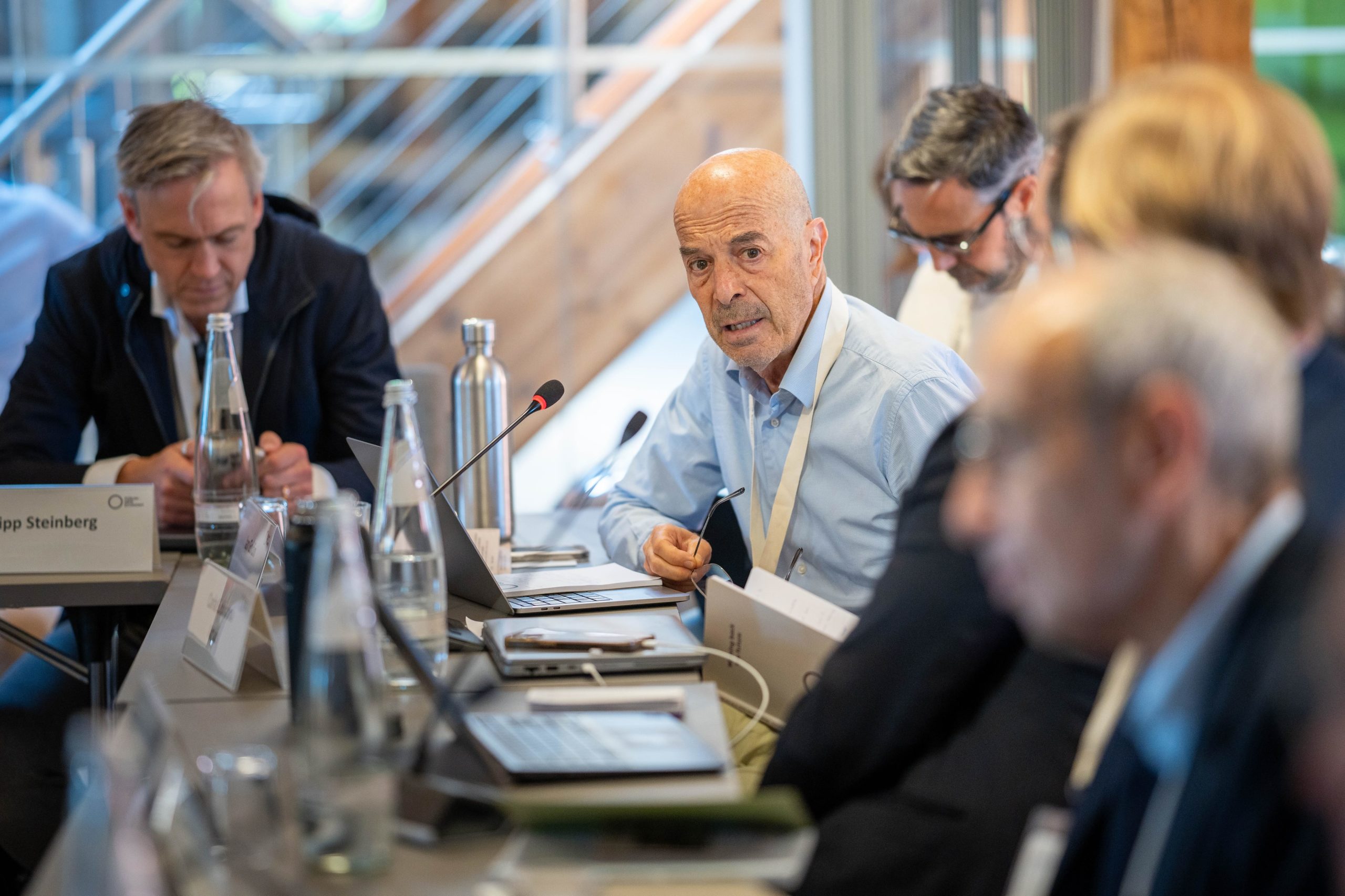NEW PARADIGM
The Berlin Summit 2025: Addressing anti-migrant sentiments
How can Europe foster a political culture that is both welcoming to foreign workers and responsive to public concerns over migration (without validating xenophobic narratives)? At the Berlin Summit, the “migration bargain” was presented as a possible way out of this dilemma.
BY
FORUM NEW ECONOMYPUBLISHED
19. JUNE 2025
The proposal suggests that governments emphasize the need for more migrants while assuring citizens that migration is well-regulated and labor standards apply equally. A key element of this proposal is to ensure the provision of essential public goods and bolster investment in public infrastructure such as affordable housing and transport. In this way, the “migration bargain” would seek to address both public anxieties and economic needs.
Facing population decline, Europe can benefit from more immigration: as foreign workers tend to be of working age, they contribute positively to the fiscal balance and to productivity and are disproportionately represented in innovation and entrepreneurship. What is often overlooked in this context is that the costs and benefits of migration are generally unevenly distributed: while the benefits are distributed nationally, the burdens such as pressures on housing and public services are mostly felt in local, often already disadvantaged, communities. Therefore, public policy should focus on providing resources in these areas, and thus prevent economic anxiety into a struggle over into anti-migrant sentiment.
That migration is a net benefit for Europe’s economies may also be apparent even to right-wing governments, given that they have sought to increase immigrations as in the recent case of Italy. However, few political leaders openly acknowledge the need for migrants or the economic success of recent refugee waves, such as the Ukrainian and Syrian arrivals in Germany. This lack of political ownership fuels public disorientation and populist backlash. Europe´s issues with developing a truly welcoming political culture can also be attributed to the deep-rooted cultural dimensions of anti-migrant sentiment, partly as a product of the continents colonial history. Traditionally, most European societies struggle with embracing multicultural or hyphenated identities—unlike the U.S., where terms like “Chinese-American” are normalized.
In conclusion, while migration is essential for economic sustainability in aging societies, especially in Europe, democratic parties face a paradox. Tightening migration controls may win short-term votes but risks validating populist frames. The alternative—publicly owning the need for and benefits of migration, paired with stronger regulation and investment in local services—offers a more sustainable path but requires political courage and a shift in public discourse. Without this shift, the current trajectory risks reinforcing xenophobia and undermining liberal democratic values.
